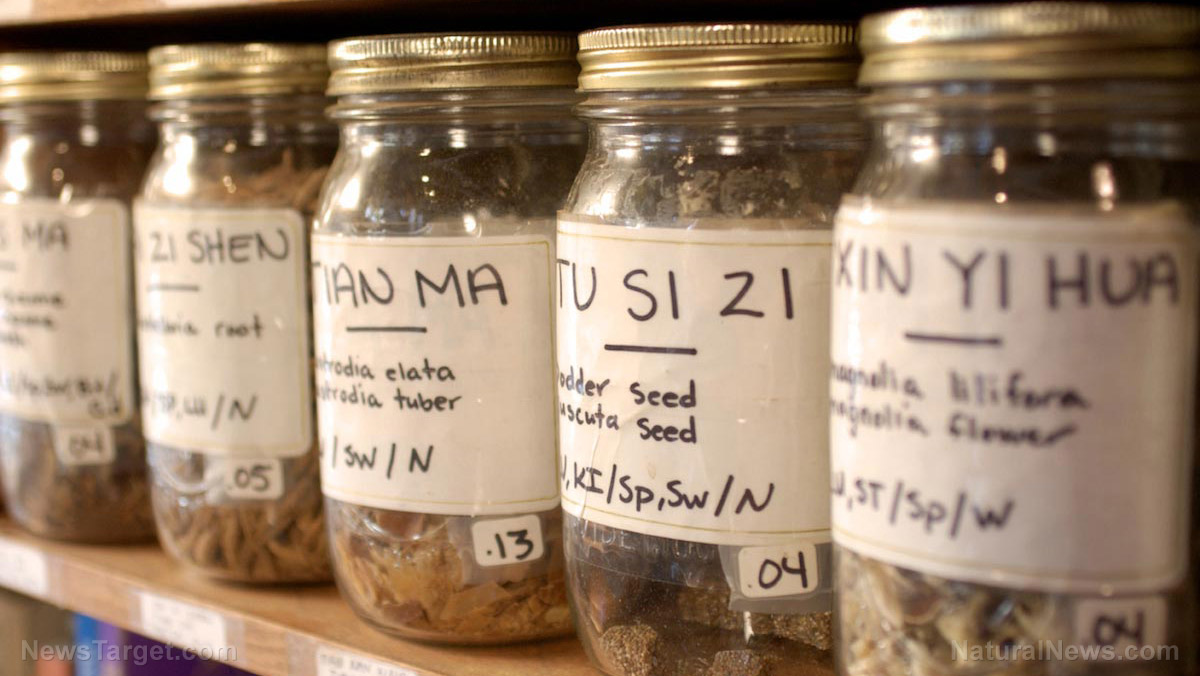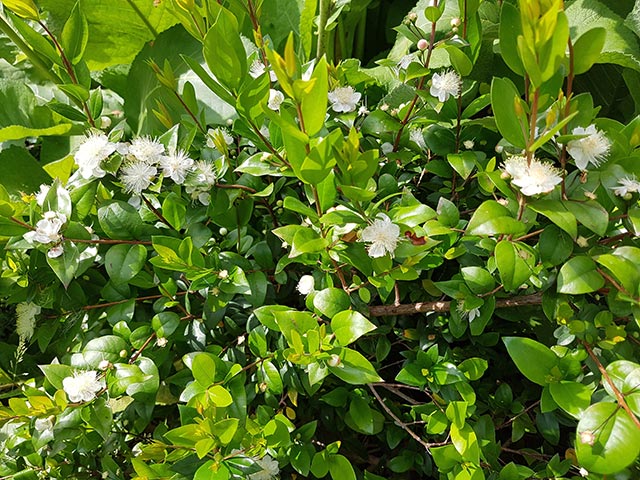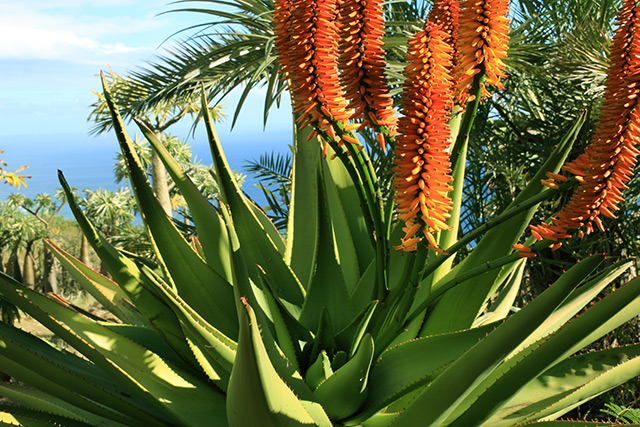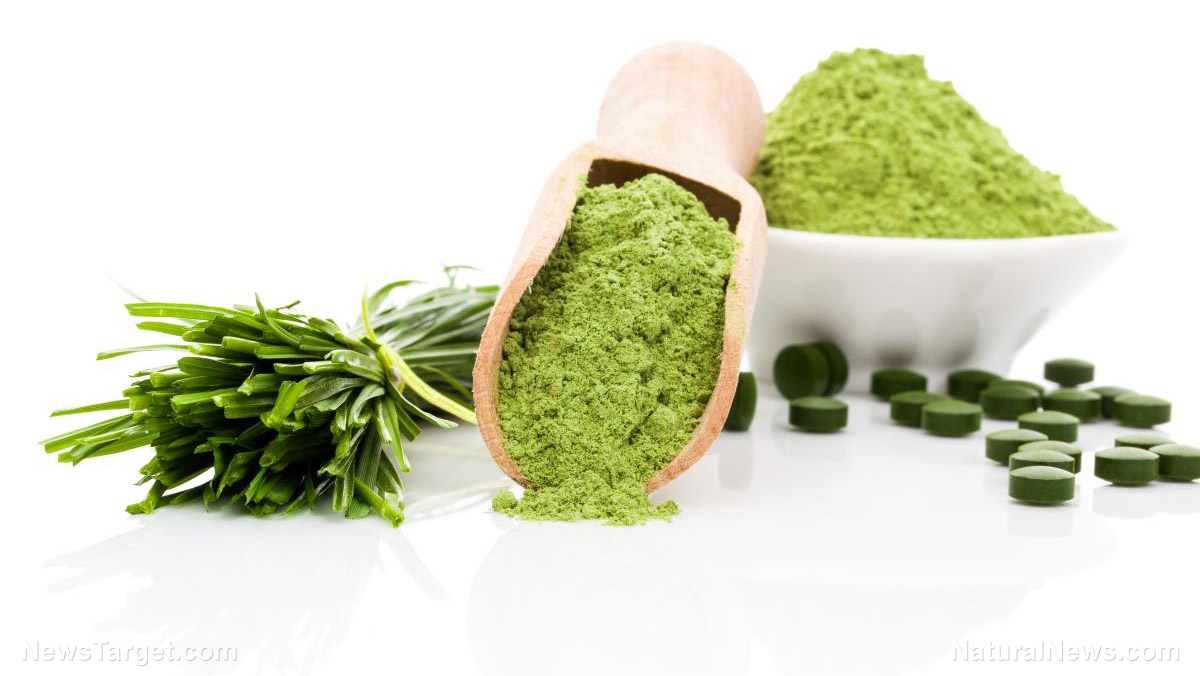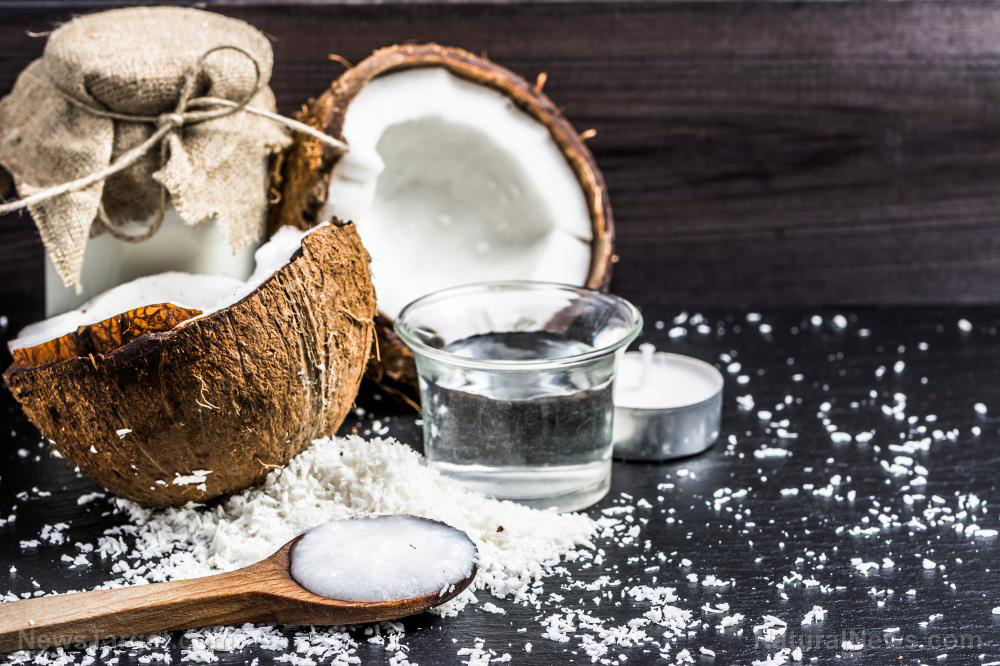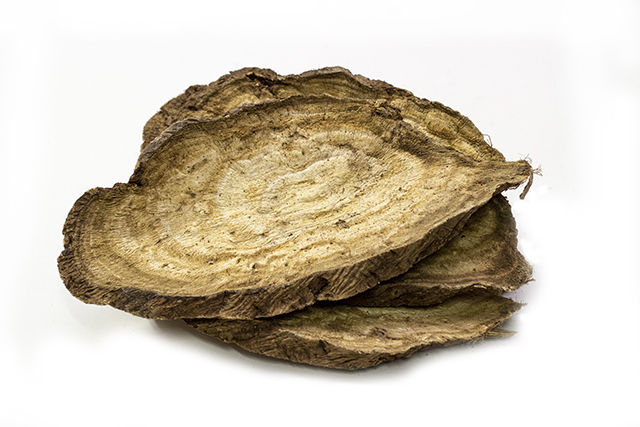Study finds lemon balm improves cardiovascular markers in patients with chronic stable angina
11/08/2018 / By Rhonda Johansson
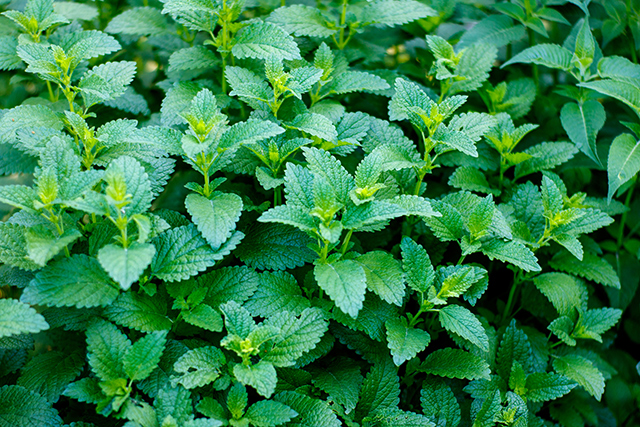
Angina is a type of chest pain that results from an impaired blood flow to the heart. A lack of blood flow means that the heart isn’t receiving enough oxygen, which causes pain. This pain is often triggered by emotional stress or a physical activity.
Stable angina is the most common form of angina. As the name suggests, the condition is relatively predictable. Patients are able to track a pattern based on what they were doing or feeling when the pain hits. This allows for better management efforts.
Still, angina can be painful and uncomfortable — even if it is “expected.” That is why patients often look for natural ways to relieve certain symptoms of their condition.
The results of a recent double-blind clinical trial published in the Journal of Herbal Medicine suggests using lemon balm. A member of the mint family, this nutrient-dense herb has been observed to improve cardiovascular health by stabilizing blood pressure and enhancing some serum biomarkers such as lactate dehydrogenase and nitric oxide.
In the study, researchers involved 80 patients with chronic stable angina, assigning them to either the treatment or placebo group. The former received 3 grams per day of lemon balm while the latter took a placebo. The trial, which ran for two months, had patients perform anthropometric measurements, an exercise stress test, and echocardiography before and after the intervention. Cardiovascular serum biomarkers were likewise taken and measured.
Results showed that lemon balm dramatically improved the mean levels of ejection fraction in the echocardiography and maximum workload in the exercise test. Additionally, serum levels and blood pressure were improved post-intervention.
100% organic essential oil sets now available for your home and personal care, including Rosemary, Oregano, Eucalyptus, Tea Tree, Clary Sage and more, all 100% organic and laboratory tested for safety. A multitude of uses, from stress reduction to topical first aid. See the complete listing here, and help support this news site.
These figures suggest the potential use of lemon balm in boosting cardiovascular health, particularly those already suffering from a chronic heart condition.
Other uses for lemon balm
This natural remedy has been in use for quite some time. Early herbalists praised lemon balm for its astounding medicinal properties. In fact, various cultures held the belief that the herb could resolve a good number of ailments from depression to scorpion bites.
Quite romantically, lemon balm was once used by ancient people as a means to “transmit messages between lovers” — perhaps because lemon balm was said to signify the pleasant company of friends and lasting relationships.
Today, however, lemon balm serves as a means to soothe the mind and improve certain health conditions. Listed below are some other uses for lemon balm:
- Anxiety — A compound found in lemon balm (rosmarinic acid) has been studied for its potent anti-anxiety effects. Other data suggest that lemon balm, taken as a tea, can lower anxiety and improve working memory with no side effects to psychomotor performance. (Related: How to increase your GABA levels naturally.)
- Insomnia — Lemon balm can help take you to dreamland, especially when taken with valerian.
- Cold sores — The herb likewise possesses antiviral properties, making it a great natural medicine for the herpes simplex virus. Lemon balm can be applied topically as an oil, cream, or salve.
- Alzheimer’s — There are preliminary studies that suggest using lemon balm may help prevent Alzheimer’s disease. Scientists have found that the extract of the herb reduces the damage from beta-amyloid, the protein that builds up to form plaque. Lemon balm was also seen to reduce agitation.
The best way to take lemon balm is as a tea. To make your own, snip a few fresh lemon balm leaves, rinse them well, and pat the leaves dry. Cut or tear these leaves into smaller pieces and place them into a tea infuser. Pour hot water and infuse the leaves for about five minutes.
Sources include:
HerbSocietyOrg.PresenceHost.net [PDF]
Academics.Hamilton.edu [PDF]
Tagged Under: alternative medicine, cardiovascular health, chronic stable angina, heart health, herbal medicine, Herbs, Lemon Balm, natural cures, natural medicine, pain relief, remedies


